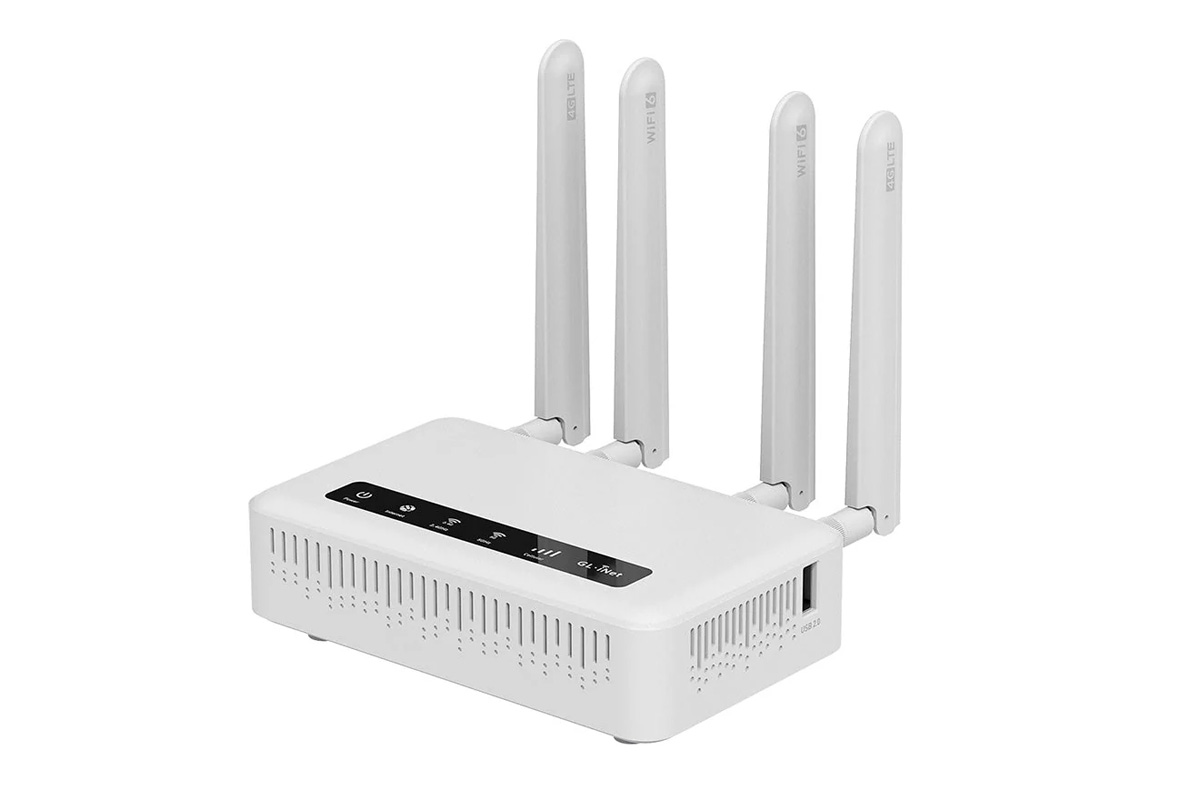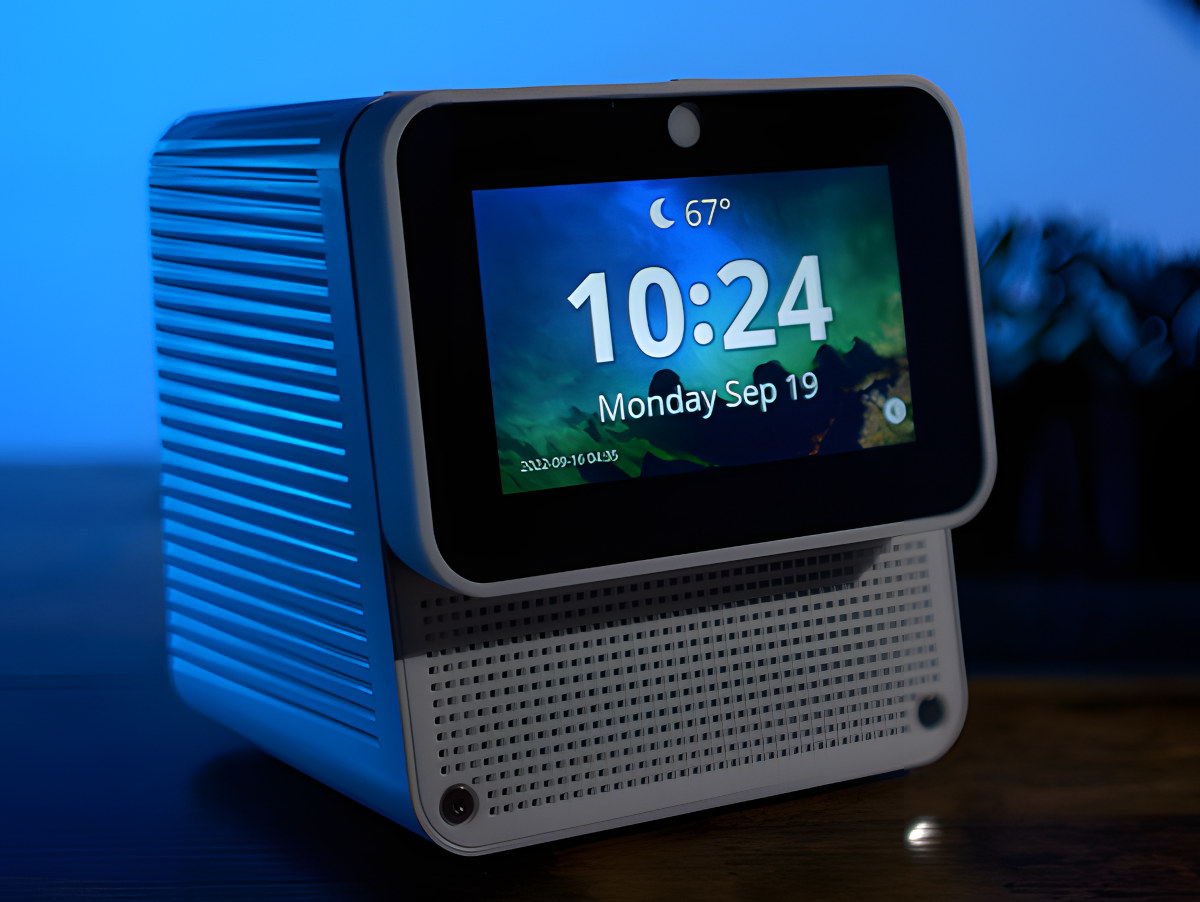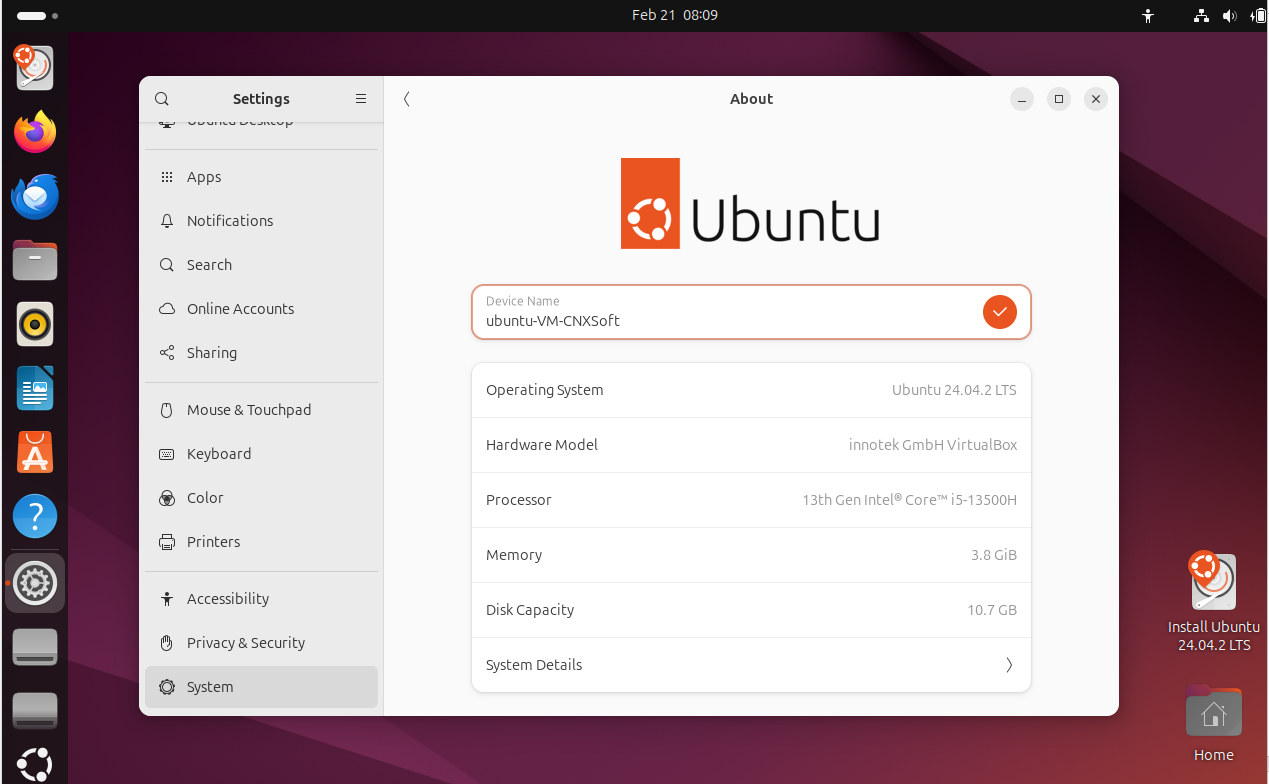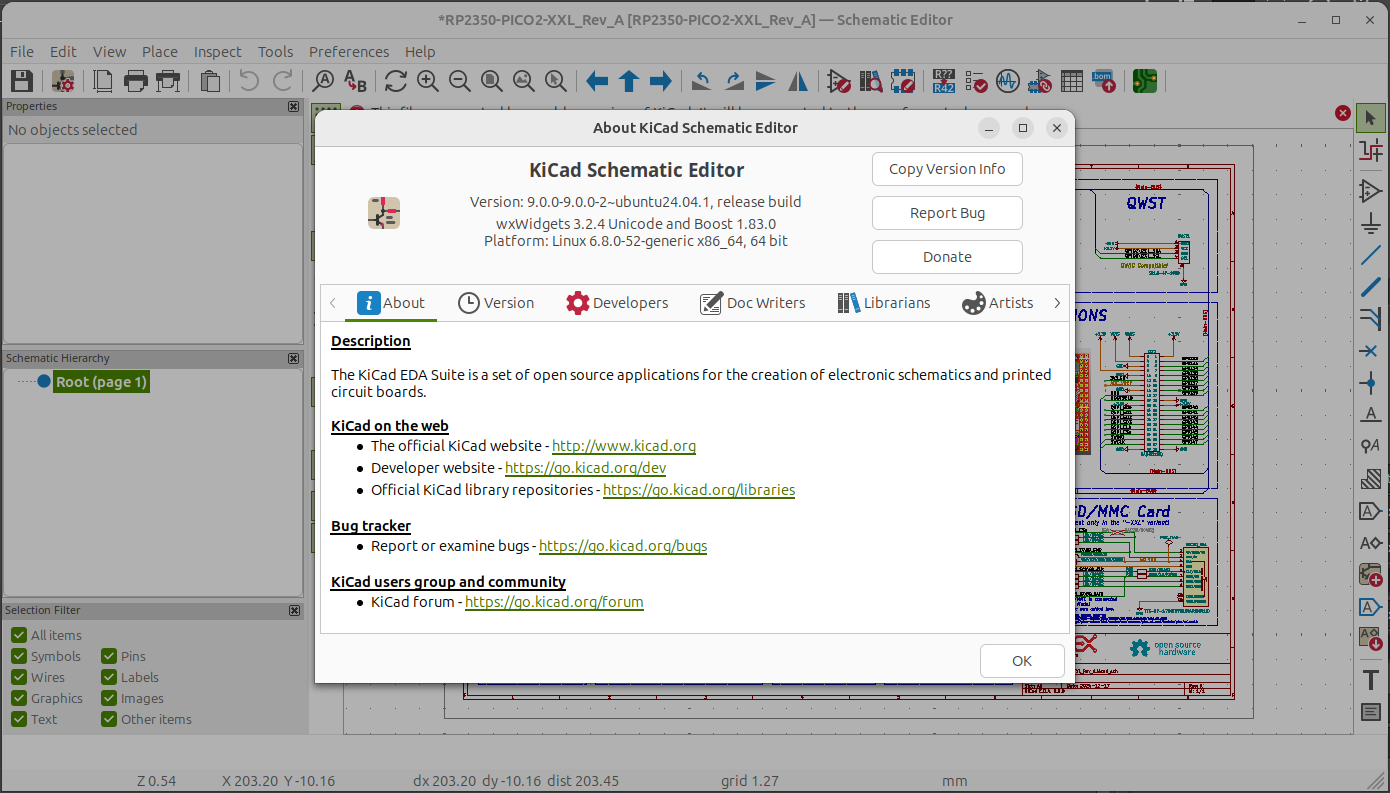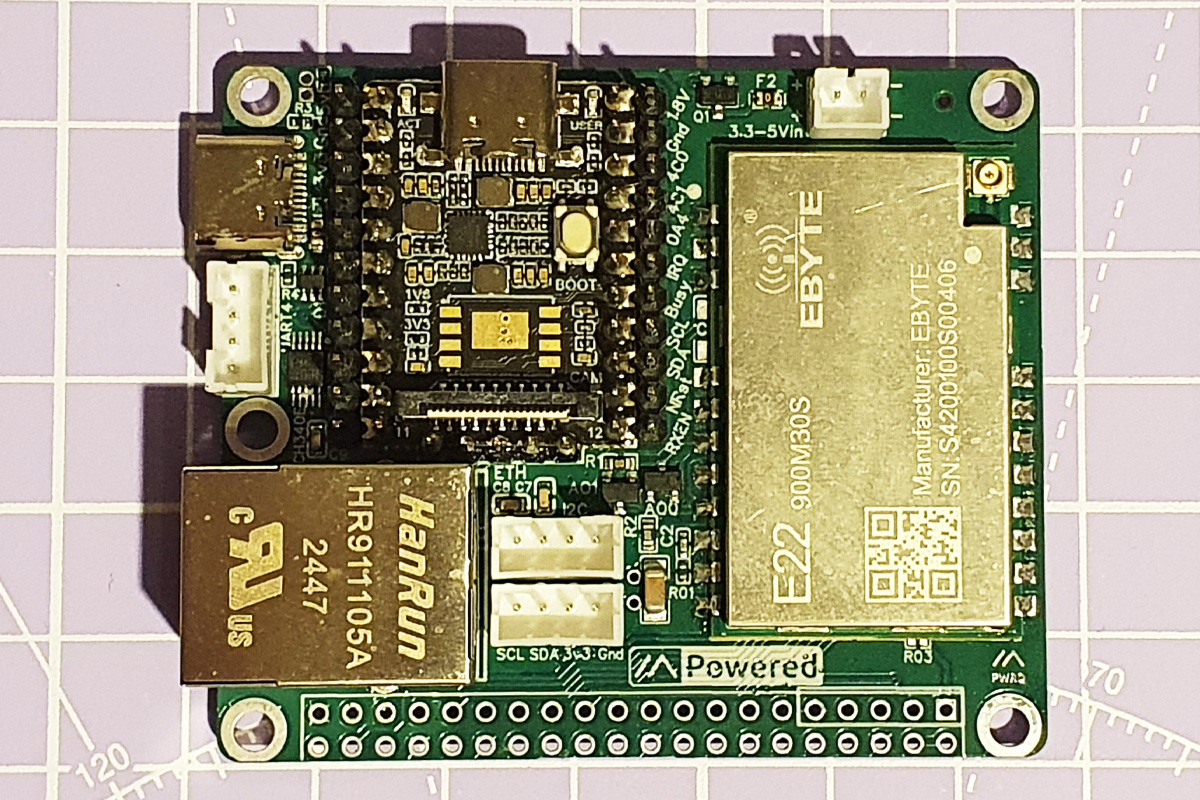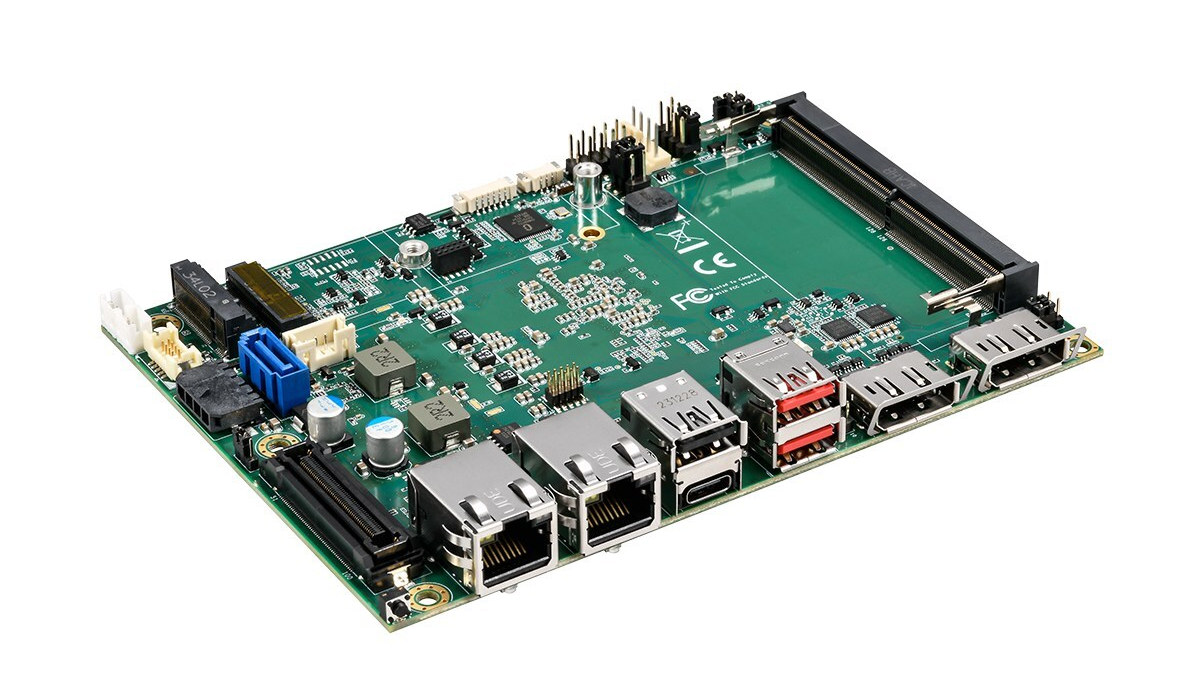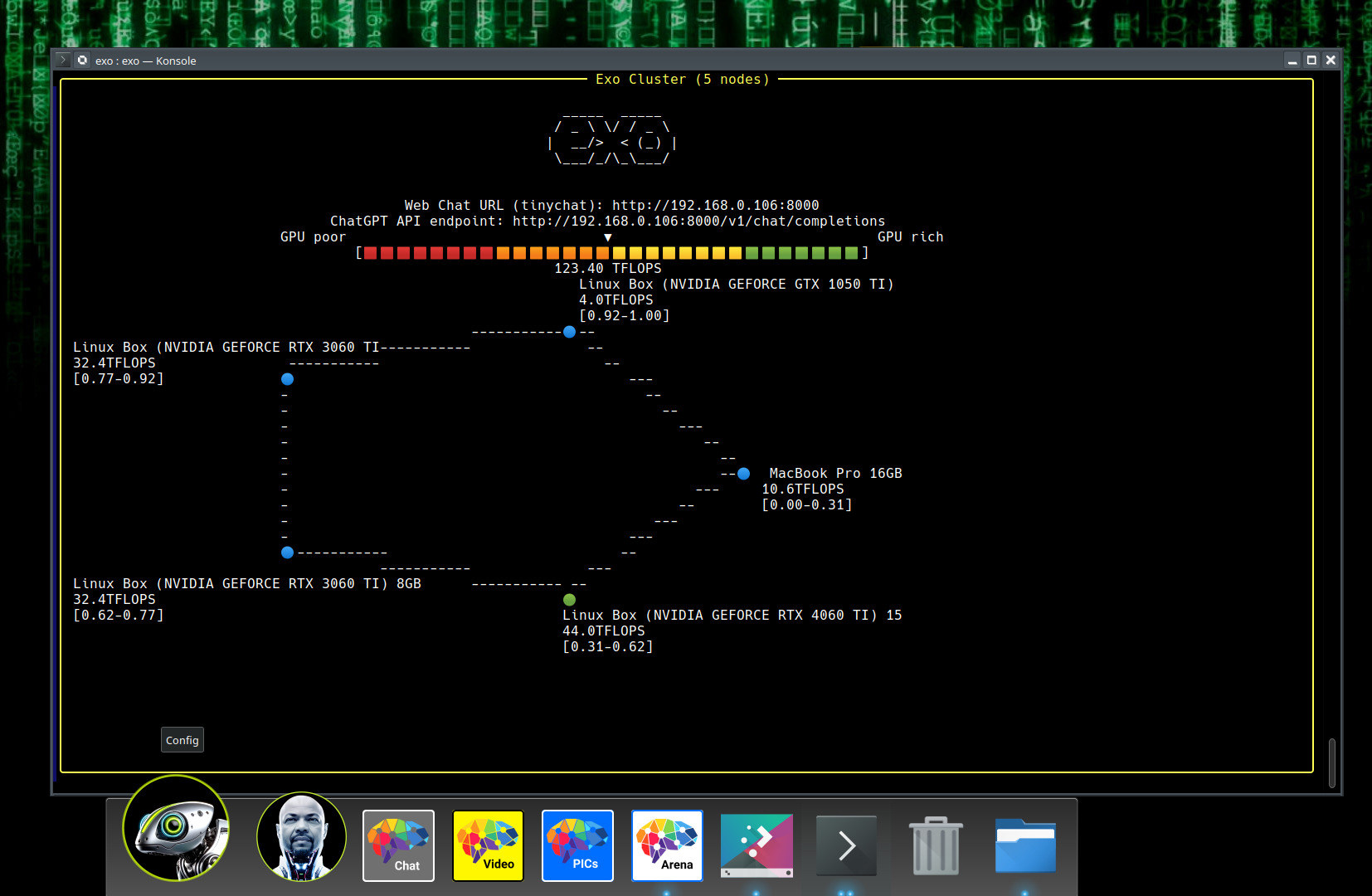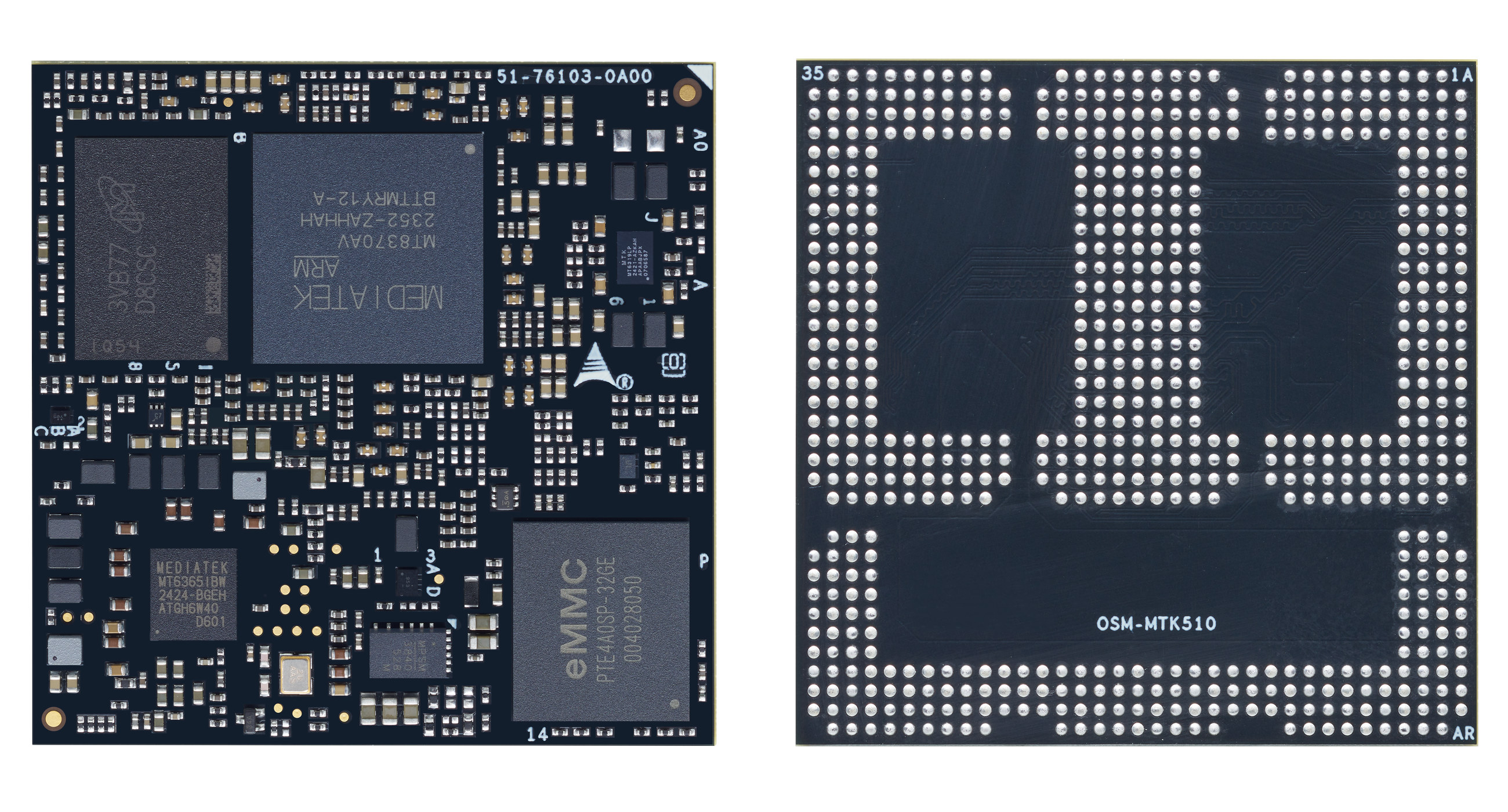GL.iNet Spitz Plus GL-X2000 is a Wi-Fi 6 cellular router with GbE networking, two nano SIM slots, interchangeable high-gain antennas, and more. It is built around a Qualcomm IPQ5018 dual-core 1 GHz SoC and supports AX3000 Wi-Fi speeds with data rates of up to 574 Mbps on 2.4GHz and 2402 Mbps on 5GHz. Other features include support for multi-WAN connectivity, failover, and load balancing for stable connections, it also comes with preinstalled VPN support for over 30 providers. It also has remote management features that allow users to monitor data usage, update firmware, and troubleshoot through a centralized interface. The device is available in different LTE variants for North American and international markets, supporting region-specific bands. These features make this router useful for applications such as remote work, mobile offices, industrial IoT, and backup connectivity in areas with unreliable broadband. GL-X2000 (Spitz Plus) specifications: SoC – Qualcomm IPQ5018 dual-core Cortex-A53 […]
The OpenVoiceOS Foundation aims to enable open-source privacy and customization for voice assistants
The OpenVoiceOS Foundation, or OVOS Foundation for shorts, is a non-profit organization dedicated to advancing open-source voice assistant technology and offers an open-source privacy-focus alternative to voice assistant by large companies like Amazon, Google, and Apple. One of the founders, Peter Steenbergen (j1nx), explained to us it all started when he read an article on CNX Software about Mycroft Mark II voice assistant hardware in 2018. He ended up being involved and created “MycroftOS“, later renamed to “OpenVoiceOS – Mycroft Edition”, as a Just Enough OS utilizing Buildroot and working on the Mark II. There were some tensions with the open-source community at some point, and the Mycroft project went south from there and the company had to close in 2023. Eventually, OpenVoiceOS took over the codebase of Mycroft A.I. and managed to merge lingering PR from the open-source community. Together with NEON A.I., they took over the Mycroft A.I. community […]
Ubuntu 24.04.2 released with Linux 6.11 kernel and hardware enablement stack
Ubuntu 24.04.2 has just been released with Linux 6.11 kernel and hardware enablement (HWE) stack. I would typically not care too much about a point release, but our reviews of mini PCs have shown Ubuntu 24.04 with Linux 6.8 was not always well supported with recent mini PC, mostly due to issues with WiFi or Bluetooth, but sometimes it’s even worse. The most common problem I encountered was that MediaTek MT7922-based WiFi 6 and Bluetooth 5.3 module would not support Bluetooth on Ubuntu 24.04 unless we updated the Linux kernel to version 6.10 or newer. Mini PCs with recent processors like the Khadas Mind 2 AI Maker Kit based on Intel Core Ultra 7 258V AI SoC required even more tweaks for HDMI audio, GPU, and WiFi + Bluetooth which is why I tested it with Ubuntu 24.10 instead. Ubuntu 24.04.2 should solve all of those issues. The announcement explains […]
KiCad 9 released with support for embedded files, tables in schematics, custom ERC/DRC errors, mouse scroll wheel actions, and more
KiCad 9 open-source EDA software has just been released with a range of new features such as support for embedded files (fonts, 3D files, PDF), tables in schematics, custom ERC/DRC errors, warnings, and exclusion comments, mouse scroll wheel actions, multiple track drag, and much more. The latest KiCad 9.0.0 release includes 4,870 unique commits from hundreds of developers and translators, and the KiCad library has further gained 1500 new symbols, 750 new footprints, and 132 new 3D models. There are way too many changes to list them all here, so I’ll mention some highlights here: Jobsets (predefined output jobs) – Feature that provides predefined sets of ‘jobs’— plotting, exporting, and running DRC—on schematics and PCBs. Independent jobset files are reusable as users may want to create output pipelines that they can apply across their projects for consistency. Jobsets can be run from the command line or the KiCad GUI. Embedded […]
Femtofox Pro v1 LoRa and Meshtastic development board runs Linux-based Foxbuntu OS on Rockchip RV1103 SoC
The Femtofox Pro v1 kit is a compact, low-power LoRa and Meshtastic development board running Linux specially designed for Meshtastic networks. Built around the Luckfox Pico Mini (Rockchip RV1103) SBC, this compact development platform supports USB host/device functionality, Ethernet, WiFi over USB, GPIO interfaces, I2C, UART, and a real-time clock (RTC). The most unique feature of this board is that it operates at very low power (0.27-0.4W), making it ideal for solar-powered applications. Additionally, Femtofox supports native Meshtastic client control, USB mass storage, and network reconfiguration via a USB flash drive. It also includes user-configurable buttons for WiFi toggling and system reboot, enhancing its usability. These features make Femtofox particularly useful for applications such as emergency response and off-grid messaging. Femtofox Pro v1 kit specifications Mainboard – Luckfox Pico Mini A SoC – Rockchip RV1103 SoC CPU – Arm Cortex-A7 processor @ 1.2GHz + RISC-V core Memory – 64MB DDR2 […]
Kontron 3.5″-SBC-AML/ADN 3.5-inch Amston Lake/Alder Lake-N single board computer offers three DisplayPort video outputs
Kontron 3.5″-SBC-AML/ADN is a 3.5-inch single board computer powered by either Intel Amston Lake (Industrial grade) or Alder Lake-N (commercial grade) processor and designed for applications such as automation, healthcare, smart city, and smart retail. It builds upon the smaller Kontron 2.5”-SBC-AML/ADN Pico-ITX SBC with many of the same features, but replaces eMMC flash storage with an M.2 SATA/NVMe socket and a SATA connector, features DDR5 SO-DIMM memory instead of soldered-on LPDDR5, and the larger PCB size allows it to gain an extra DisplayPort connector, a USB 2.0 Type-A port, additional serial ports, and a board-to-board (B2B) connector for expansion. It also supports a wider 9 to 36V DC range. Kontron 3.5″-SBC-AML/ADN specifications: SoC Standard Intel Atom x7211RE dual-core processor up to 3.2GHz with 6MB cache, 16EU Intel UHD graphics; TDP: 6W Intel Atom x7433RE quad-core processor up to 3.4GHz with 6MB cache, 32EU Intel UHD graphics; TDP: 9W Intel […]
exo software – A distributed LLM solution running on a cluster of computers, smartphones, or SBCs
You’d typically need hardware with a large amount of memory and bandwidth and multiple GPUs, if you want to run the latest large language models (LLMs), such as DeepSeek R1 with 671 billion parameters. But such hardware is not affordable or even available to most people, and the Exo software works around that as a distributed LLM solution working on a cluster of computers with or without NVIDIA GPUs, smartphones, and/or single board computers like Raspberry Pi boards. In some ways, exo works like distcc when compiling C programs over a build farm, but targets AI workloads such as LLMs instead. Key features of Exo software: Support for LLaMA (MLX and tinygrad), Mistral, LlaVA, Qwen, and Deepseek. Dynamic Model Partitioning – The solution splits up models based on the current network topology and device resources available in order to run larger models than you would be able to on any […]
ADLINK OSM-MTK510 – An OSM Size-L module with MediaTek Genio 510 AI SoC, up to 8GB RAM and 128GB eMMC flash
ADLINK OSM-MTK510 is an OSM Size-L compliant module powered by a MediaTek Genio 510 hexa-core Arm Cortex-A78/A55 SoC with a 3.2 TOPS AI accelerator and equipped with up to 8GB LPDDR4 and 128GB eMMC flash. The OSM module supports HDMI 2.0, MIPI DSI, and eDP display interfaces, up to 30MP cameras, and I/O options such as gigabit Ethernet, USB 3.0, and PCIe Gen2 x1. The OSM-MTK512 is available in either commercial or industrial (-40°C to 85°C) temperature grades and the company offers at least a 10-year lifecycle for long-term use. ADLINK OSM-MTK510 specifications: SoC – MediaTek Genio 510 (MT8370) CPU – Hexa-core processor with 2x Cortex-A78 cores @ up to 2.2 GHz and 4x Cortex-A55 cores @ up to 2.0 GHz GPU – Arm Mali-G57 MC2 GPU VPU for visual processing Encoding up to 4Kp30 with H.265/HEVC or H.264 Decoding up to 4Kp60, AV1, VP9, HEVC, H.264 codecs supported AI […]


